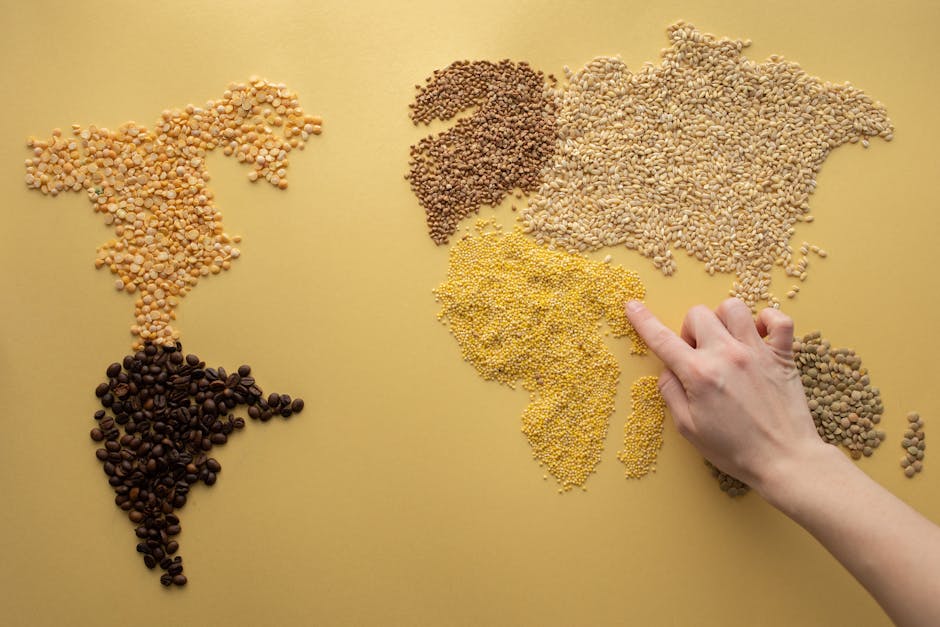 Photo from Pexels
Photo from Pexels
Originally Posted On: https://darrendohme.com/an-overview-of-the-global-food-chain-crisis-darren-dohme/
The global food chain has come under immense pressure over recent years, leading to shortages and worsening the already high levels of poverty around the world. With more than 800 million people suffering from malnutrition and hunger, there is an urgent need to address this crisis now before it spirals out of control. Understanding what’s causing this looming food crisis will help us take action and make things better for those who are most affected by it. In this blog post, Darren Dohme discusses the causes behind the global food chain crisis—from changing climates to resource scarcity—and considers potential solutions that have been proposed so far.
Darren Dohme On The Global Food Chain Crisis
The global food chain crisis is an issue that has been growing in severity over the past few decades, says Darren Dohme. It affects millions of people worldwide and carries serious consequences for our environment and economies. The growing population, climate change, pollution, resource depletion, water scarcity, and many other factors are all major contributors to this crisis.
One of the biggest impacts of the food chain crisis is increased food insecurity. According to the World Food Programme (WFP), there are currently 821 million people around the world who suffer from chronic hunger – meaning they do not have consistent access to a sufficient quantity of affordable and nutritious food on a daily basis. Of those 821 million hungry people, roughly 98% live in developing countries with limited resources and weak social safety nets. This lack of access to food has a significant impact on people’s health and well-being, which in turn can lead to an increase in poverty and social inequality.
According to Darren Dohme, the global food chain crisis is further exacerbated by the climate crisis. Climate change affects crop yields, disrupts ecosystems, increases the spread of pests and diseases, and places additional strain on water resources – all of which can have a devastating effect on food production. In 2018 alone, extreme weather events like droughts, floods, and heat waves caused damages estimated at more than US$95 billion around the world – impacting 128 million people.
To illustrate this issue further, consider the case of India’s 2018 drought: over 200 million people were affected by a severe water shortage, and an estimated 33 million people were pushed into poverty due to failed crops. This crisis was so severe that it resulted in a loss of 10% of India’s agricultural output for the year – leading to food prices doubling in some areas.
Statistics:
– 821 million people worldwide suffer from chronic hunger
– US$95 billion of damages caused by extreme weather events in 2018
– 33 million people were pushed into poverty due to failed crops in India’s 2018 drought
– 10% loss of India’s agricultural output in 2018 due to the drought
Darren Dohme’s Concluding Thoughts
Clearly, the global food chain crisis, as per Darren Dohme, is a complex and multifaceted problem that requires urgent attention if we are to effectively address it. Governments around the world must take action now in order to ensure access to sufficient and nutritious food for everyone while also preserving our environment and natural resources for future generations. With the right kind of research, collaboration, and investments, this can be achieved – but only if immediate steps are taken toward long-term solutions.







